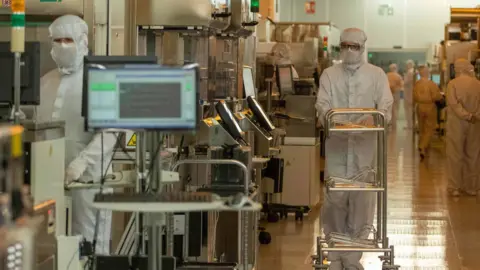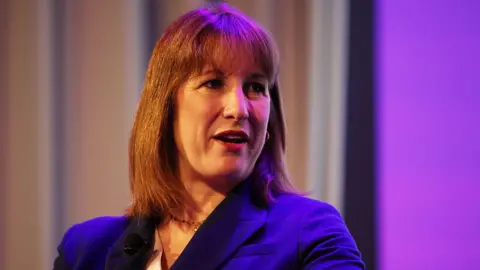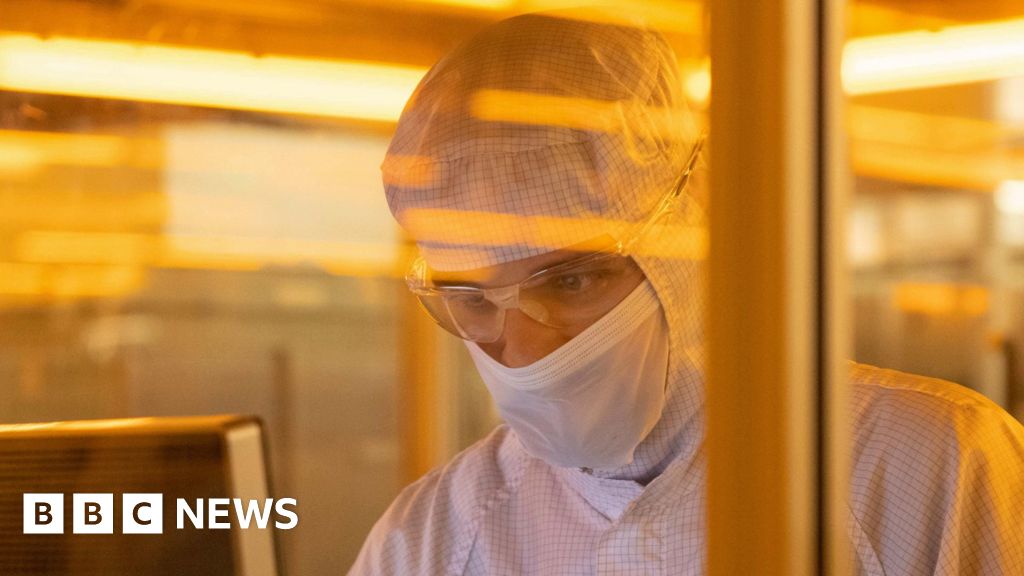Business correspondent
 Getty Images
Getty ImagesThe government says it will spend £860 billion on the science and technology sector by the end of the assembly ahead of Wednesday’s spending review.
The package funds research into drug treatments and long-term batteries, with local leaders saying how it is being used, including up to £500 million in regions across the UK.
Prime Minister Rachel Reeves said a review outlining the daily sector and investment budgets over the next few years will create jobs and increase security.
However, research supporters warn that the government needs to do more to ensure the UK’s reputation for science at the global stage.
Reeves made a divisional spending plan on Wednesday, with the science and technology package expected to be worth more than £22.5 billion a year by 2029.
The science, innovation and technology sectors say “every corner of the country” is profiting and that communities can direct their funds to expertise inherent in their field.
Liverpool, which has a long history in biotechnology, will use funds to speed up drug discovery. Northern Ireland receives money to develop defense equipment, while South Wales uses this money to design microchips used to power cell phones and electric vehicles.
The Prime Minister said: “The UK is home to science and technology. Through planning for change, we are investing in UK renewals to create jobs, protect security from foreign threats, and improve working families.”
Tony McBride, director of policy and public relations at the Institute of Physics, welcomed the funds but said the government should commit to a 10-year plan to train workers.
“This should include plans for the skilled workforce needed to deliver this vision. Starting with teachers, we work on every stage of education and underpinning our industrial strategy,” he said.
John Ahn Lottingen, CEO of Welcome, the UK’s biggest non-government researcher, warned that visa costs for scientists from overseas, financial agendas at universities and budgets not adjusted to inflation could hamper government ambitions.
“The UK should aim to lead the G7 in research strength and bring economic growth and health, science and technological advancements that benefit us all.”
 Getty Images
Getty ImagesShadow Technology secretary Alan Mark said investment in the sector appears to be “copy and paste” of the conservative plan set out in the manifesto last year.
“Law and reform are fighting over how to spend more taxpayer money, so only the Conservatives are making serious plans for the government to grow and bring your country back together,” he added.
Earlier this week, Reeves admitted that not all government departments will “get everything they want” in Wednesday’s review, and she declined a request from the minister, claiming that the shoddy of fundraising is a “product of economic reality.”
Reeves said he argued that the financial rules regarding borrowing public services payments were “non-negotiable” and were necessary for “conservative abuse” of the economy.
The Treasury said earlier this year that the prime minister’s fiscal rules ensure daily spending matches tax revenue. That is, the government said it would only borrow for investment.
The big chunks will be sent to the favorable division, offering £30 billion of extra to the NHS over three years.
Whitehall insiders predict that the spending review is “ugh” and the minister told the BBC they are fighting for small amounts of cash in their respective divisions.

